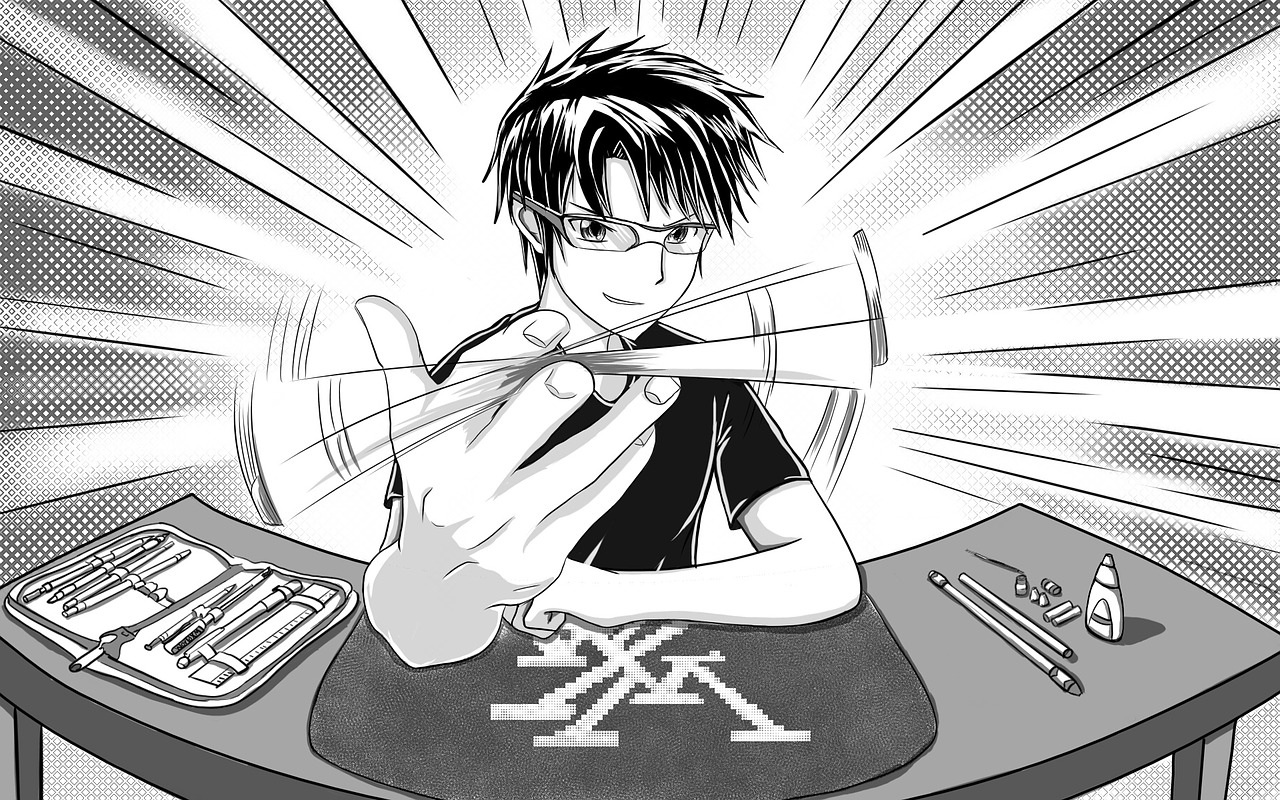If you haven’t heard the name of this Japanese band by now, you have three albums to catch up on, the last one (Metal Galaxy) released less than a year ago. Formed in 2010 by three young women, Babymetal connects the worlds of Japanese pop (J-pop) and heavy metal, of ‘cuteness’ and aggression, of idol culture and its subversion; all within a genre they call kawaii metal [1]. Besides presenting a strikingly new, hybrid sound, the trio – currently duo- and the mixed reception of their work provide a potent ground of theorizing the negotiations of authenticity and diversity among metal fans today. With a few exceptions [1], however, it appears that the Western academia has not yet caught onto the case, despite the group’s global appeal confirmed by their World Tours and 2019 top position on Billboard’s Top Rock charts (as the first Asian group in history) [2]. While metal fanbases question whether Babymetal can be qualified as metal at all and whether it is “authentic”, we can in turn ask: what do such questions reveal about the “rockist ideology” [3] in its diversifying transition of the modern age?
Read moreUnderground music: a genre, a statement, or a judgement?
Whether online, in record stores, in music magazines, awards, or even daily fan conversation, the terms such as “underground” and “alternative” are increasingly used for the classification of music releases. Either used in combination with other genres to describe a certain music style (“alternative rock”; “underground dance music”) or even functioning on their own, the underground and alternative are understood as self-evident by many. The common definition is simple: alternative/ underground is simply not a part of the mainstream. In academia, however, as early as 1996 popular music genres (as a whole) were called under scrutiny for their unstable boundaries, constructed, marketing-oriented and agreement-based nature. [1] As umbrella terms often encompassing a variety of genres based on broad criteria, the terms “underground” and “alternative” can be questioned even more so.
Read moreAll was no longer well: Fix-it fanfiction through the years (Part 1)
“The scar had not pained Harry for nineteen years. All was well.” [1] Chances are, you remember quite well when and where you read this sentence for the first time. It might have marked the end of the Harry Potter-era, but started a seemingly endless supply of fix-it fic: fanfiction that addresses a – according to the author – unfathomable error in the original work and tries to set it straight. Especially the final Harry Potter book has lead to an innumerable amount of such works. Yet, Harry Potter is far from the only franchise inspiring fanfiction writers all over the world to fix their predecessor’s errors. How has this genre developed over the years?
Read moreBirds of a Feather: How TV Fandoms End up as Twitter Echo Chambers
In today’s social media dominated world, platforms like Twitter are not only there to allow users to express themselves in 280 characters. On a scale achievable only by a multi-billion company, people can now turn to tweeting as a way of connecting over-shared preferences for their favourite media, with television emerging as the winner. Here is where we see the emergence of a golden rule: fans of the same TV programs prefer opinions which support their own (4). This phenomenon, known as opinion homophily or echo chambers, deserves attention as the number of fandoms increases in this triumphant TV era of content streaming platforms like Netflix. But why exactly do TV fandoms on Twitter have a tendency to form homophilic echo chambers?
Read moreBungo Stray Dogs: A Crash Course in World Literature
Scott Fitzgerald’s The Great Gatsby (1925). Or maybe Fitzgerald isn’t really your thing, but you simply can’t get enough of E. A. Poe’s short stories.
Now, how would you react if Jay Gatsby suddenly started walking down the streets of Yokohama and, or wait, let me rephrase this. How would you react if Jay Gatsby suddenly started flying above the streets of Yokohama in Moby Dick with Herman Melville, E. A. Poe and Mark Twain aboard, while H.P. Lovecraft is wading in the Tsurumi river below them, after having transformed into a giant, humanoid octopus?
Well, these are all pretty mainstream events in Bungo Stray Dogs.
Read moreProductive with Music
The studying girl on one of the most popular YouTube Lofi Hip Hop mixes: https://www.youtube.com/watch?v=-FlxM_0S2lA.
Walking through the library during the exam period, simply searching for your own study spot, makes it quite clear what the opinion of most Groningen students on joining music and studying together is. Headphones and earphones are omnipresent in the study areas just as much as they are present at gyms; allowing everyone to immerse in their music of choice to help them perform the task at hand better.
Read moreTurning a New Page: The Destiny of Literature in the Digital Era
For many people, the start of a new year symbolizes an opportunity for new commitments, especially regarding self-improvement of not only the body, but also the mind. According to a recent Elliptical Reviews survey (3), the goal to read more books is among the top ten New Year’s resolutions, whether “more” means “more” compared to past reading habits or marking a newfound desire for intellectual growth. However, reflecting on the potential obstacles for reaching this goal, the time that could be spent reading often goes to other recreational activities: watching movies or TV, browsing the Internet or playing video games. While literature is not inherently superior to these types of entertainment in the sense of gaining new experiences and knowledge, it may seem like the newer media are replacing books in the stores, technologies and minds for many of the post-Internet generation. This begs the question: could the fate of digital era books truly be summarized as “out with the old, in with new”?
Read more‘Reinventing the Wheel’: How the Current Anime and Manga Scene Is Drawing Its Inspiration from the Theme of ‘the Doppelgänger’
Anyone who has ever read Sui Ishida’s popular dark fantasy manga series Tokyo Ghoul or watched at least one episode of its anime adaptation probably noticed that the series largely builds its plot around the theme of the so-called ‘(evil) double’ or ‘the Doppelgänger’.
Read morePersonalising the World: The Implications of Curated Media
Song recommendations, video suggestions, related articles – these are just some of the curated features we have come to rely on when using platforms like Spotify, YouTube and online news sites. All of these strategies for making us consume more and more media material draw upon the much-debated concept of personalisation: tailoring content to suit personal preferences. It might sound luxurious, but there are darker consequences to individuals and their communities indulging in the custom-made appeal inherent to many aspects of today’s world.
Read moreThe Vinyl Craze; Retromania of Our Age
Not so long ago, when visiting my friend in her room, I noticed an old vinyl record of The Beatles on the shelf. Intrigued, as it certainly wasn’t there before, I soon learnt that she has bought it in a second-hand shop for quite a low price, which certainly would not be surprising–if it was not for the fact that she does not have a gramophone, nor does she intend to buy one.
Read more







